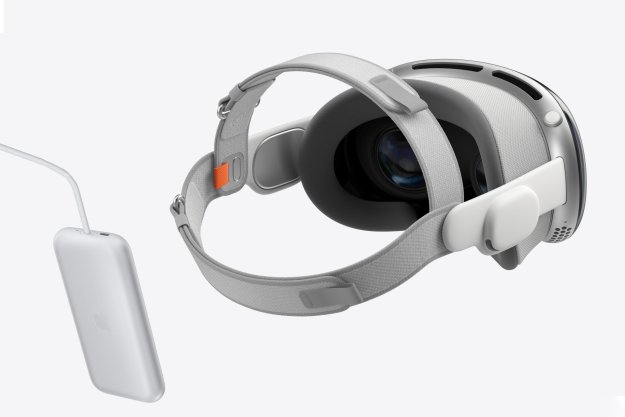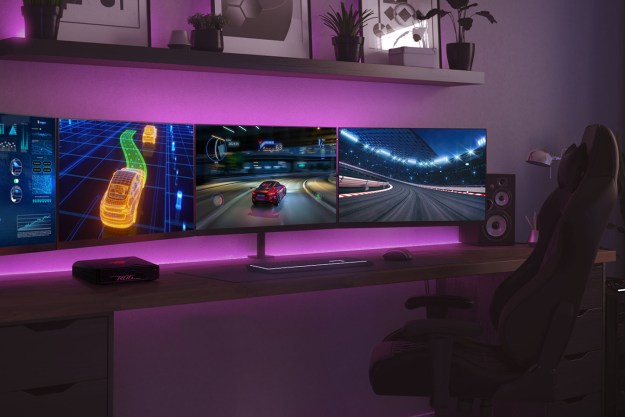
Back in August and September of 2006, a massive recall of lithium-ion notebook computer batteries made by Sony got underway. Sony makes batteries for a wide variety of computer manufacturers, and the number of brands impacted was immense. Dell took the biggest hit, recalling some 4.1 million Sony-made batteries in mid-August after a handful of batteries burst into flame—and a few impromptu videos of the fires became hot downloads. Dell’s recall was followed in short order by Apple recalling 1.8 million Sony batteries, Toshiba recalling over 300,000 batteries, Lenovo and Fujitsu initiating their own recalls, and Sony finally issuing a global recall which encompassed more than 10 million batteries and cost Sony hundreds of millions of dollars.
But the saga isn’t over yet. In conjunction with the U.S. Consumer Product Safety Commission, Acer has issued a voluntary recall program for some 27,000 notebook computer batteries made by Sony and shipped in some of its TravelMate and Aspire notebook models between May 2004 and November 2006. Acer is urging owners of recalled batteries to stop using the batteries immediately (powering their computers using the AC adapter), and contacting Acer for a free replacement battery pack. Acer provides instructions for identifying the recalled battery packs for both U.S. and Canadian customers as well as support phone numbers for customers outside North America.
To date, there hvae been 16 reports of notebook batteries overheating, leading to minor property damage and two minor burns. To date, none of the incidents have involved Acer notebooks.
Editors' Recommendations
- I finally found a gaming laptop utility that’s actually worth using
- How to keep your laptop battery healthy and extend its life
- How to show the battery percentage of your Mac
- Apple finally has a way to defeat ChatGPT
- Windows 11 vs. Windows 10: finally time to upgrade?


